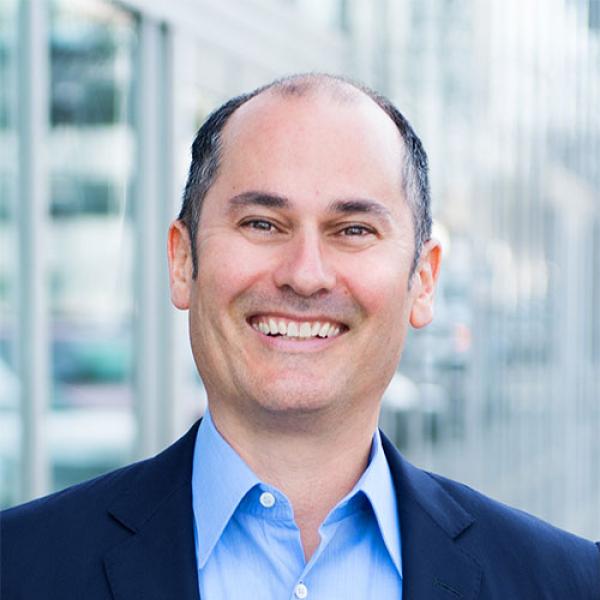
Skill #1: know exactly where to start with every new patient and how to explain this work to them (and to yourself!) and be fully confident that the exact supplement protocols you use will be effective and get results that will drive a referral based cash practice.
What I hear from our new students consistently, year after year: "I had a lot of knowledge but no real understanding of how to apply it. It seemed like every new patient would have to require a completely different program with different labs and supplements."
Skill #2: the sicker the patient is, the more complex their panoply of symptoms has become, the more important it is you start with the absolute basics. Neuroendocrine (stress), GI (foods and pathogens) and detox (reducing toxin exposure and flushing out stored toxins). In three recent interviews I conducted with national experts on Lyme, SIBO and methylation problems each doctor reiterated the exact some information independently. Before Dr. Schweig digs into the deeper aspects of treating Lyme and it’s co-infections he does the basics well, hormones, gut, detox. Why? To improve the patients overall health, to get them ready for the more advanced work. Dr. Siebecker interview on SIBO same. Dr. Ben Lynch interview on Methlyation exactly the same, none of these experts “treat” their subject area of expertise first! They set the stage by working on lifestyle factors, stress, GI and toxins and then when that patient is ready they go after that next step. Why? Because through experience all of us in practice for twenty plus years have figured out the hard way (that means by making mistakes and by making patients worse not better) that the basic foundations for health need to be in place prior to initiating complex or more advanced treatments. In a practice like mine, I simply do the basics well and then refer out for Lyme treatments, for dental work, for whatever that next step may be. In many cases, even in quite sick and chronic patients one finds that the basics are in fact enough and no referral is required. The key issue to remember is being a functional medicine practitioner does not mean you have to know everything and do everything required for every chronically ill patient! That is crazytown. No one could pull that off.
Remember we are paid for what we know, not for what we do.
The main decision points you face as you are building a practice are: (A) should I be a generalist and do the basics well applied to a simple niche like depression, fatigue, female hormones, thyroid or some similar topic or (B) should I get highly specialized and go for an advanced specialization like Lyme disease, SIBO, autism, or autoimmune illnesses. How in depth do I want to go with patients and what type of clinic suits my personality so as to ensure many decades of practice.

